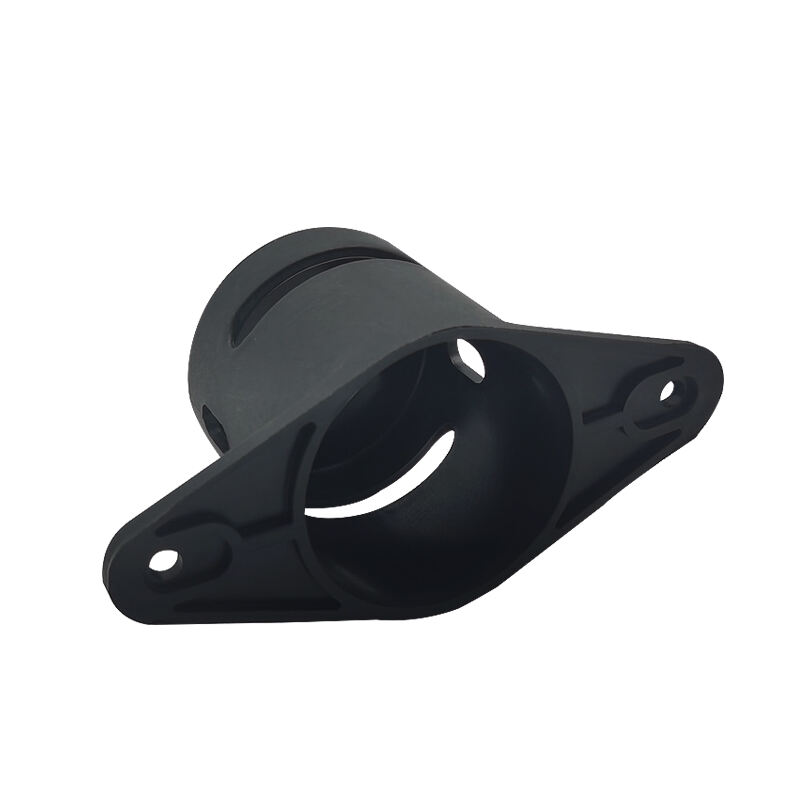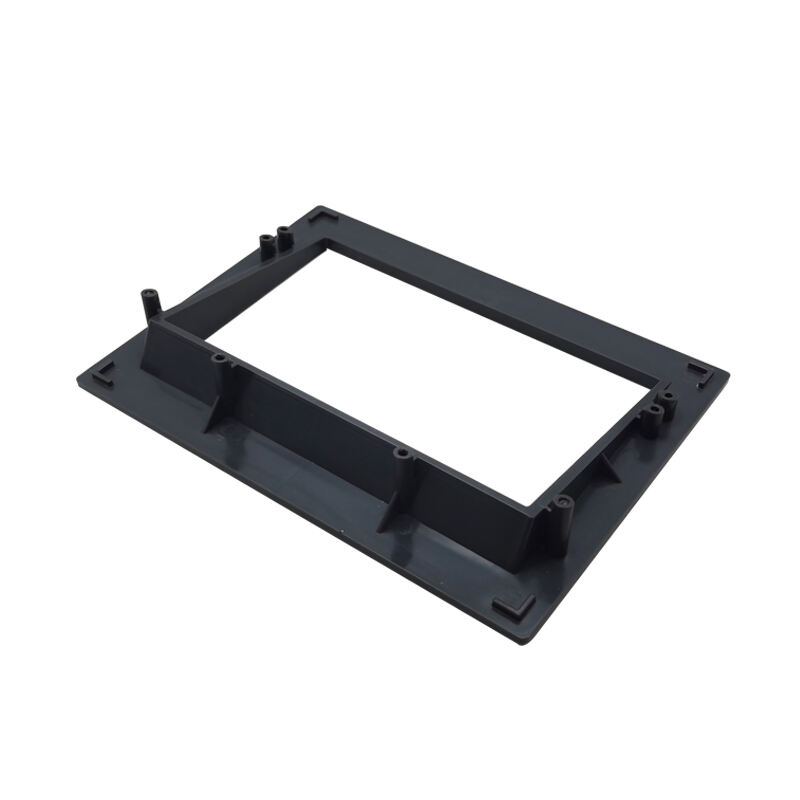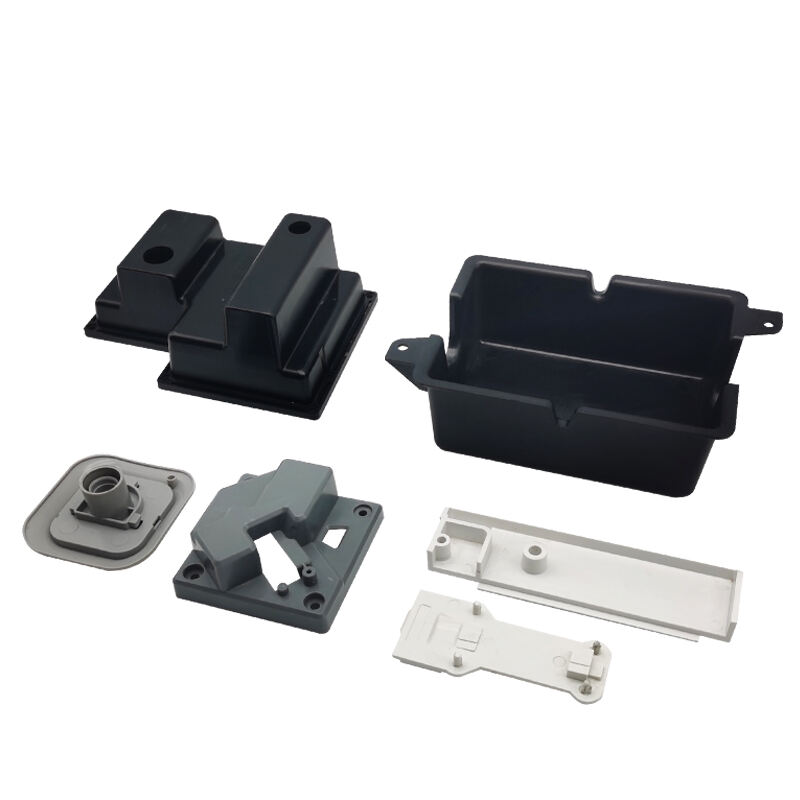plastic injection components
Plastic injection components represent a cornerstone of modern manufacturing, offering precision-engineered solutions for diverse industrial applications. These components are produced through a sophisticated process where molten plastic material is injected into carefully designed molds under high pressure. The process enables the creation of complex geometries with exceptional accuracy and repeatability. These components feature integrated design elements such as snap-fits, living hinges, and mounting points, reducing the need for secondary operations. The technology accommodates a wide range of thermoplastic materials, each selected for specific performance characteristics including thermal resistance, mechanical strength, and chemical compatibility. In industrial applications, these components serve critical functions in automotive systems, consumer electronics, medical devices, and aerospace equipment. The manufacturing process ensures consistent quality across large production runs while maintaining tight tolerances and surface finish requirements. Advanced quality control systems monitor each phase of production, from material preparation to final inspection, guaranteeing components meet exact specifications. This manufacturing method also incorporates sustainable practices through material recycling and energy-efficient production cycles, aligning with modern environmental standards.


